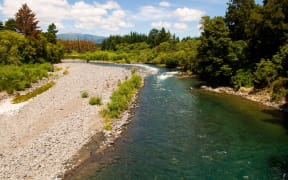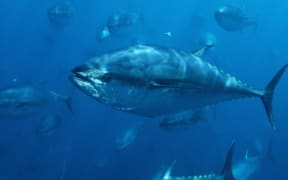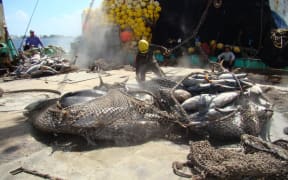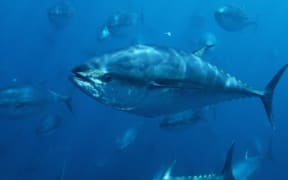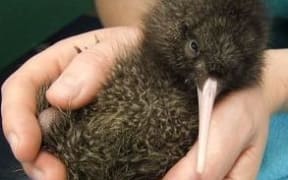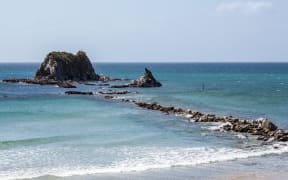Forest & Bird says the latest state of the environment report has painted a deceptively rosy picture of the marine environment and used old data to do it.
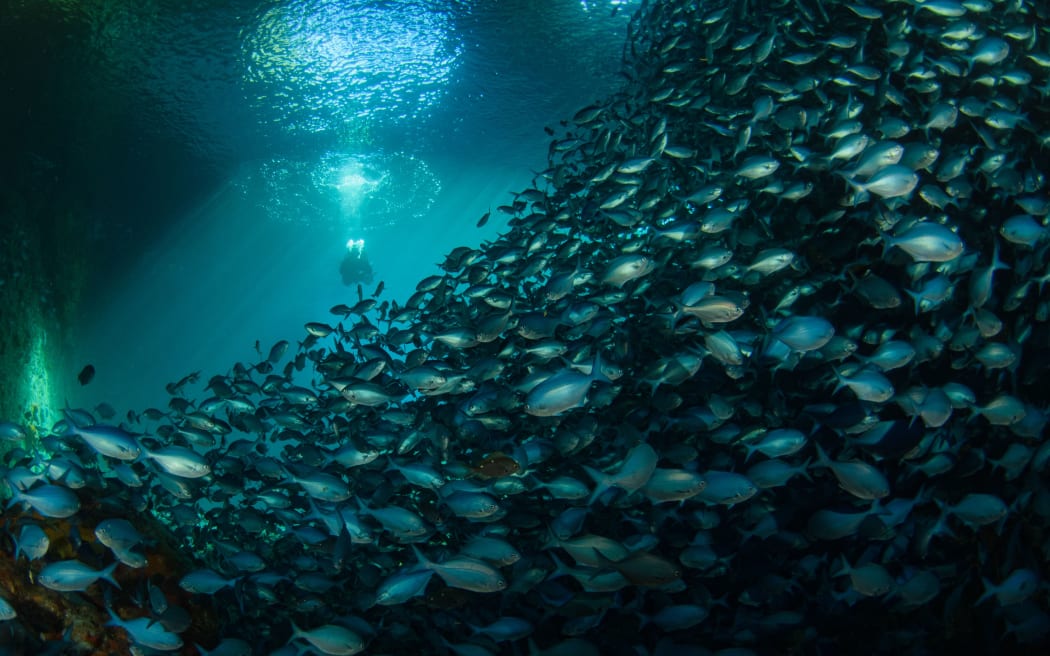
The report said 16 percent of routinely assessed fish species stocks had been overfished, and 10 had collapsed. Photo: Supplied / Crispin Middleton
The three-yearly report from the Ministry for the Environment and Statistics New Zealand, titled Environment Aotearoa 2019, was released last week and painted a bleak picture of the environment, focusing on the nine most pressing concerns.
One of those concerns was the effect fishing was having on the marine environment.
Forest & Bird's marine conservation advocate Katrina Goddard said the report had missed some alarming holes.
"I think it's painted a very rose-tinted view of the marine threats and it hasn't looked at the big picture and all of the threats. It's used outdated statistics which was really disappointing to read."
The report implied that bycatch had reduced and the fisheries were quite healthy, which is not the case, she said.
According to the report, commercial fishing had reduced in the last decade, and 97 percent of commercially-caught fish came from stocks considered to be sustainably managed.
However, it also said 16 percent of routinely assessed stocks were overfished in 2017 and 10 stocks were considered collapsed. The report said bycatch of protected species such as seabirds had reduced, but this was based on data from before 2016.
Mrs Goddard said those statistics said nothing meaningful about the health of the ecosystem.
She said this was not the latest data, with seabird capture having increased 85 percent in some fisheries in the 2017/18 fishing year compared to the previous year, including hoki, hake, ling and warehou, according to data from the Department of Conservation.
"I think what's disappointing is it makes a bold statement in the report that bycatch is being reduced and that the number of threatened, endangered and protected marine species caught has been reduced."
Mrs Goddard said what she had gleaned from the most recent data was that is not the case.
Independent marine scientist Roger Grace said there were serious habitat-damaging issues such as trawling and dredging, which the report touches on, but not in great detail, so they aren't addressed effectively.
"For the last 30 to 50 years we've been hammering the shallow and inshore habitats and smashing the natural life there to bits, and it's no longer as good for juvenile fish habitat," he said.
The Ministry for the Environment and Statistics New Zealand said the report was an overarching picture, and not designed to drill down to the detail of each domain.
The marine data used in the report came from a 2016 in depth report specifically looking at the ocean environment, and that given the breadth of the report it was not practical to update all of the information.
The agencies also said they simply did not have the scope to look more in depth at other problems in the marine environment, and the report had provided an accurate description of the key issues.
The next Marine domain report is due in October, and the departments said it would include updated information.

